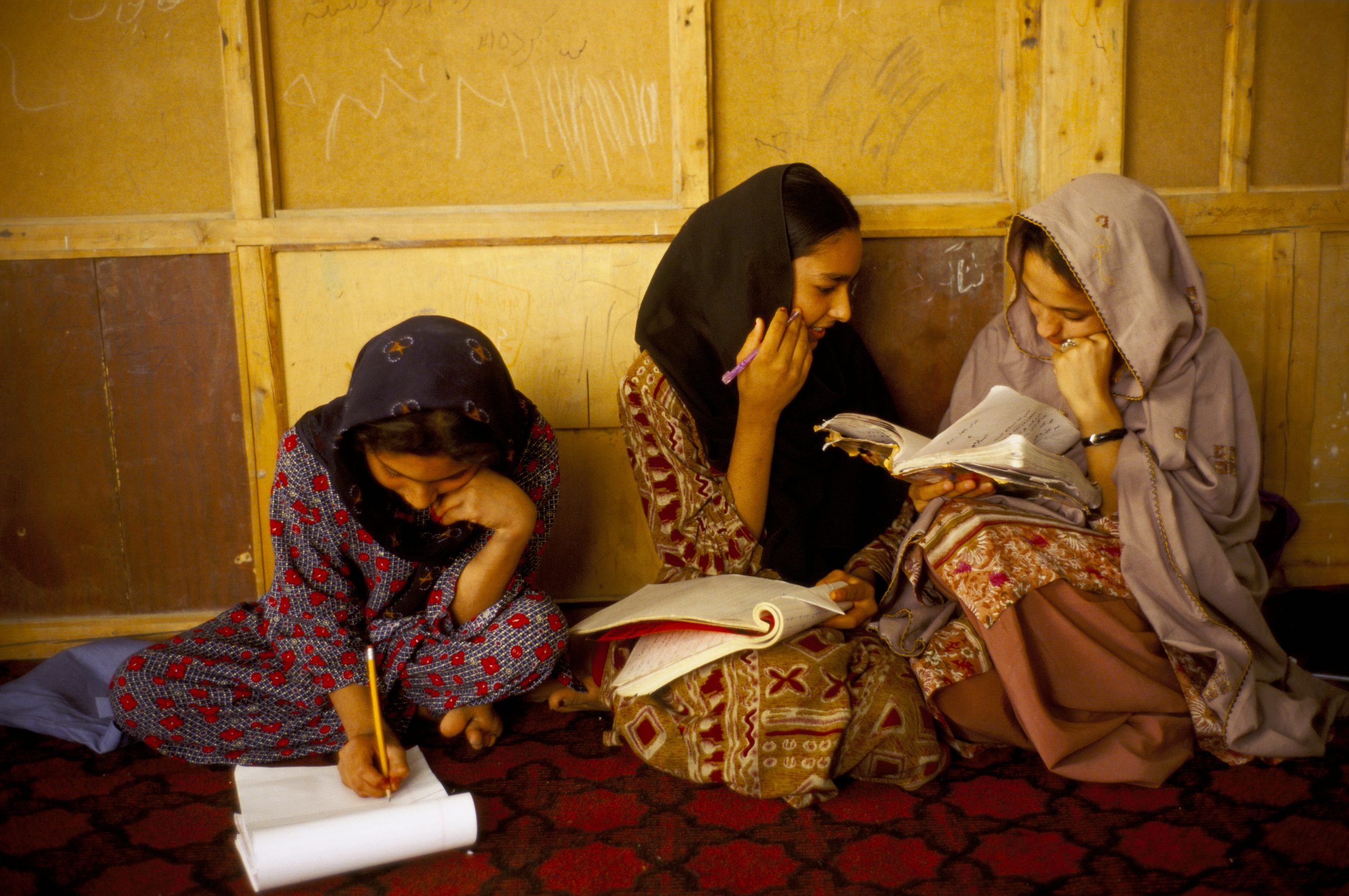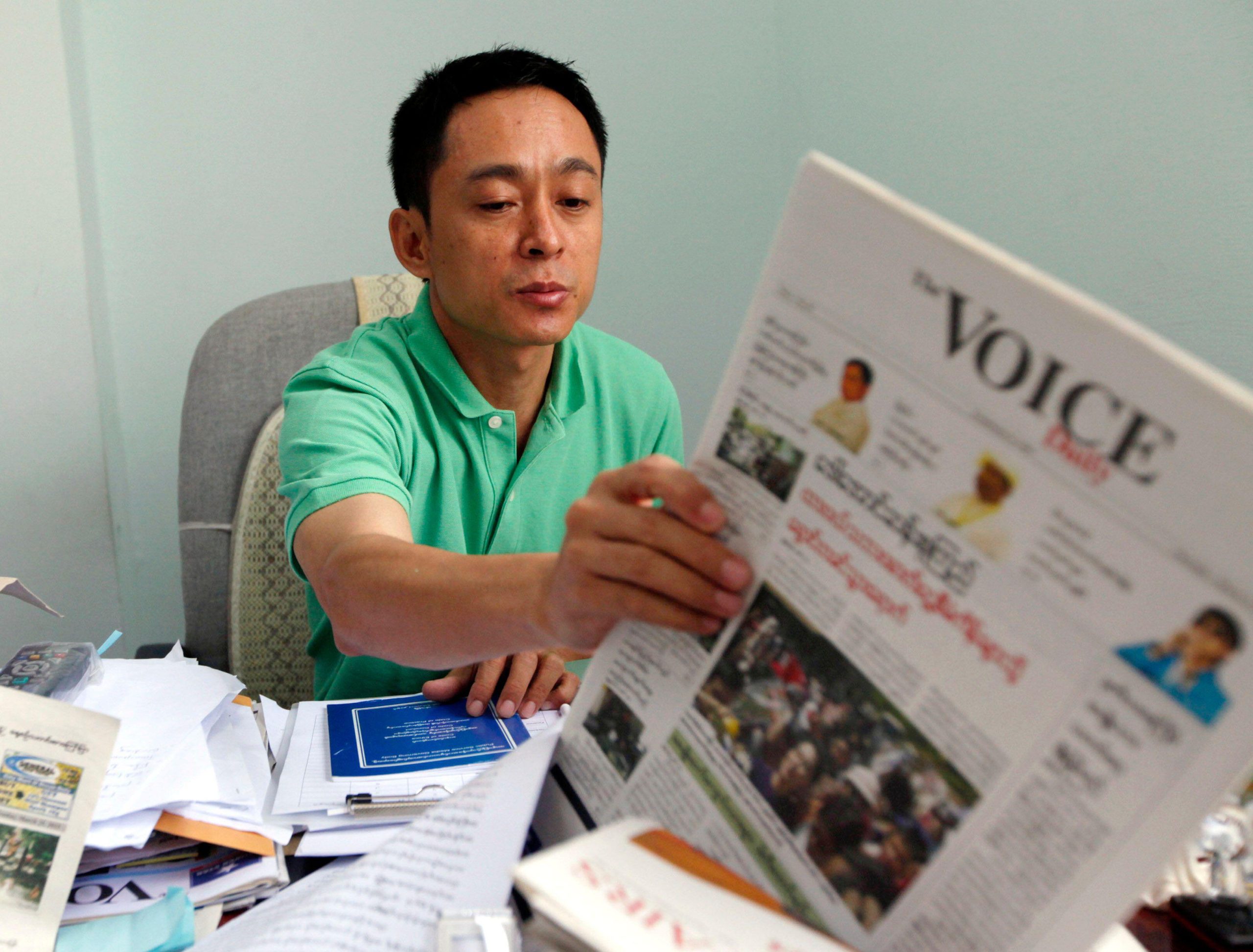
Iona Craig on the the Yemeni Nobel Peace Prize winner
Tawakkol Karman, a prominent opposition figure and the face of Yemen’s anti-government movement over the past nine months has been awarded the Nobel Peace Prize for her role as “a leading part in the struggle for women’s rights and for democracy and peace in Yemen”.
One of the youngest ever recipients and the first female in the Arab world to be awarded the prize, the 32-year-old mother of three has been an outspoken critic of the Yemen government and a long running advocate for human rights and press freedom.
The first time I met Karman was last year whilst covering the trial of Yemeni journalist Abdul-Elah Haidar Shaye for Index on Censorship. As the president of Women Journalists Without Chains she was already an active campaigner for political prisoners and a regular organiser of demonstrations outside the parliament in the Yemen capital, Sana’a.
Her brief detention in January for leading protests against the regime instigated further demonstrations. It was her call for an Egypt-style permanent sit-in to a small crowd of a few dozen youth protesters outside Sana’a University one night in mid-February, alongside fellow female activist, Belqes Beso Al-lahabi, that initiated the pitching of tents on the streets of the capital. The encampment spread rapidly and now stretches for more than three miles through the west of the city, housing thousands protesters calling for an end to President Ali Abdullah Saleh 33-year rule.
“This award is for all Yemeni people and all the youth in Libya, Tunisia, Egypt and Syria,” Tawakkol said today in an interview.
Karman has at times divided opinion amongst some protesters for her close ties to the conservative Islamic political opposition party, Islah, which the independent youth have sought to distance themselvs from. Her encouragement for activists to march into obvious danger and violent confrontations with the security forces has also caused controversy. But today’s announcement has been seen by Yemen’s demonstrators as not just a reward to Karman but a recognition of their attempts to peacefully overthrow Saleh and his regime in a long running campaign that has left up to 500 protesters dead.
In Yemen’s deeply conservative society, where most women wear the face-covering veil of the niqab, Karman chose to unveil herself for the first time in public shortly before speaking at a human rights conference in the US.
Young female activist, Sarah Ahmed, who joined Karman’s demonstrations back in mid-January, said the Nobel laureate was, and continues to be, a huge inspiration to her and all Yemeni women.
“She gave us a glimpse of what we could achieve, of what happened in Tunisia and then Egypt. Her greatest accomplishment was breaking the fence that society builds around women. She was the first woman to break that fence, to cross the line. We no longer fear crossing that line because of her.”
Iona Craig is a freelance journalist based in Sana’a, Yemen. She is currently writing from London. Follow her on Twitter @ionacraig





